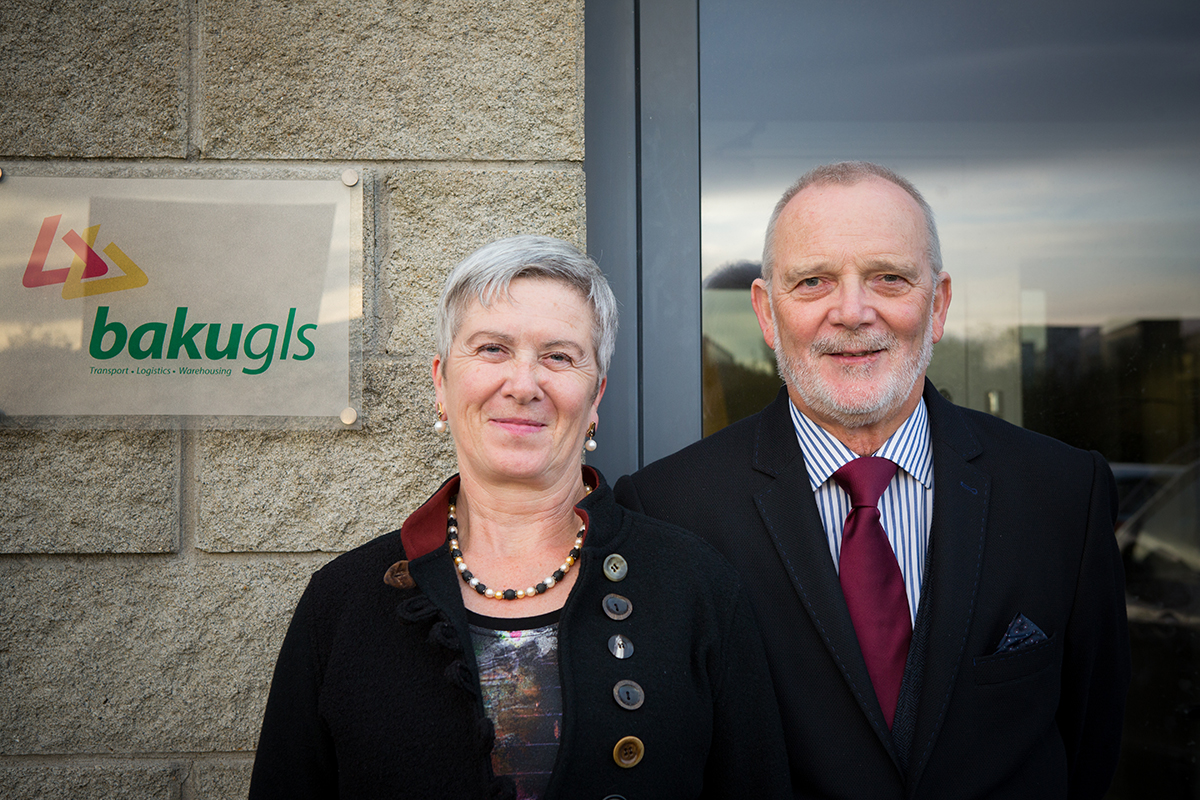
It has been a tough week for Theresa May. Following a collapse in cross-party Brexit talks, on Tuesday Mrs May made a last ditch-attempt to avoid a no-deal departure with her announcement of a ‘New Brexit Deal’. Today, with many details of the deal still a mystery, Theresa May has agreed to stand down as Prime Minister.
Mrs May might be stepping down, but the New Brexit Deal is still on course for debate in Westminster. What can we expect to see in the PM’s new Brexit Deal bills, what are the chances of it winning enough votes in the House of Commons, and how does Theresa May’s resignation affect the risks of a no-deal Brexit?
A Bold New Offer: What’s Different This Time?
The New Brexit Deal has been described as a ‘bold new offer’ by respected parliamentarians like Rory Stewart, but this new deal doesn’t actually propose any changes to the Withdrawal Agreement. It’s impossible to change the wording of the Withdrawal Agreement without the consent of the 27 other EU member states. Instead, this new deal attempts to change the way in which the UK interprets and implements the existing agreement. Mrs May has proposed a raft of new changes, but the three most important ones are as follows:
- Northern Ireland: The withdrawal agreement makes allowances for a Northern Irish backstop, which many MPs were against, as they felt it could lock the UK into a never-ending customs union with the EU by default. in her speech on Tuesday, Mrs May tried to address this by saying “We will place the government under a legal obligation to seek to conclude Alternative Arrangements by December 2020 so that we can avoid any need for the backstop coming into force.” By passing a new law that reduces the risk of the backstop ever being used, Mrs May hopes to win over more votes from the hard-Brexiteers within her own party.
- Worker’s Rights: during their 6 week negotiations, the traditionally right-of-centre Conservatives had been prepared to give ground to the left-of-centre Labour party in the form of a new Workers Rights Bill. Mrs May’s team hope that, by enshrining a new set of workers’ rights in UK law as part of this New Brexit Deal, on-the-fence Labour MPs who fear a loss of EU employment standards will be compelled to vote for an orderly Brexit.
- Environmental Protections: MPs from all parties have said they are willing to work with the EU on environmental issues like air quality and bird migration after Brexit. By passing new laws related to global environmental initiatives, May’s Brexit team are trying to simplify the Brexit debate by removing the environment as a concern.
Theresa May has also promised a ‘Compromise on customs for MPs to decide on’ – something that we’d love to know more about – but there’s no further detail on this yet. The New Brexit Deal’s bills will be listed here on or after the 4th June 2019.
Will this New Brexit Deal still go ahead?
Now that Mrs May has announced her resignation, you might expect any Brexit-related proposals to be put on hold while the UK chooses a new Prime Minister. Two looming deadlines are giving Westminster good reason to push ahead, however:
2 July: MEPs take their seats
If the UK can get agreement on a new withdrawal deal in the week commencing 4th June, there’s a slim chance that they could pass the legislation necessary to leave the EU just before the new MEPs take their seats on 2 July. It’s almost impossible for this to happen, given how long it takes for bills to make it through the parliamentary process, but it’s enough of an incentive to keep pro-Brexit MPs on course.
31 October: the Brexit Deadline
Today, MPs will break up for a week’s holiday (Whitsun Recess), then they take another holiday from 26 July to 10 September. After that, parliament sits for 3 days, then it breaks up again for party conferences. There aren’t many working days left for MPs between now and 31 October – it’s now or never.
These two deadlines mean that the week commencing 3rd June is the UK’s last chance to come up with a Brexit deal. If Westminster can’t get a deal, the only options left are a no-deal departure on 31 October, a complete revocation of article 50 (cancelling Brexit), or yet another extension to the Brexit deadline, which is by no means guaranteed.
What does May’s resignation mean for the Irish transport sector?
The next few weeks might offer some certainty over what our borders will look like after Brexit:
- If the New Brexit Deal passes, then the chances of an orderly Brexit will go up significantly, and the customs and border arrangements set out in the withdrawal deal will become the new normal.
- If this new deal is voted down, then the future will depend on whoever becomes the next Conservative party leader. A pro-Brexit MP (someone like Boris Johnson) would almost certainly drop the EU withdrawal agreement and lead the UK with gusto towards a no-deal departure. While this would not be the preferred outcome for those of us in the Irish transport industry, we would at least know which set of contingency plans to enact.
We stand ready for whatever happens next
Nobody could have predicted the Brexit developments of the past few months, and with a change of leadership now due in the UK, anything is possible. Whatever happens in the UK over the next few weeks, Baku stand ready to do what is necessary to deliver excellence – on time – every time – for our clients.
Photo credit: https://www.flickr.com/photos/eu2017ee/37340820306













